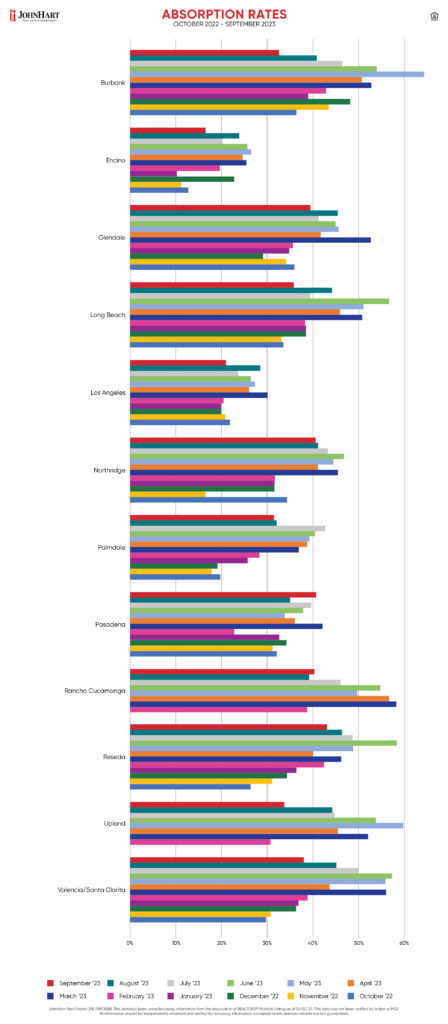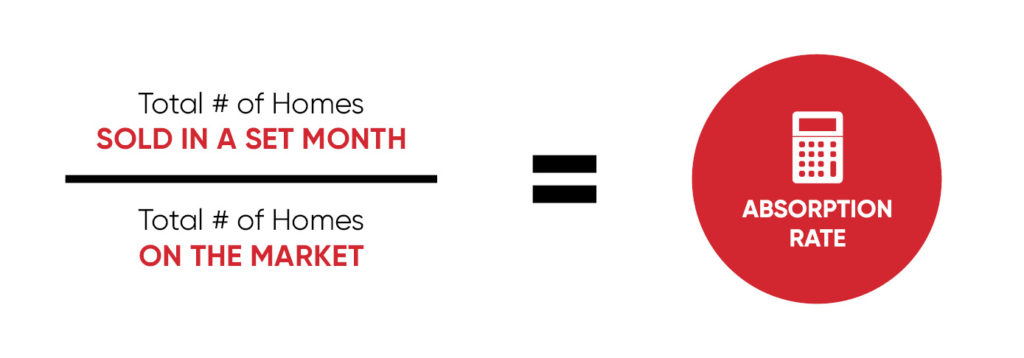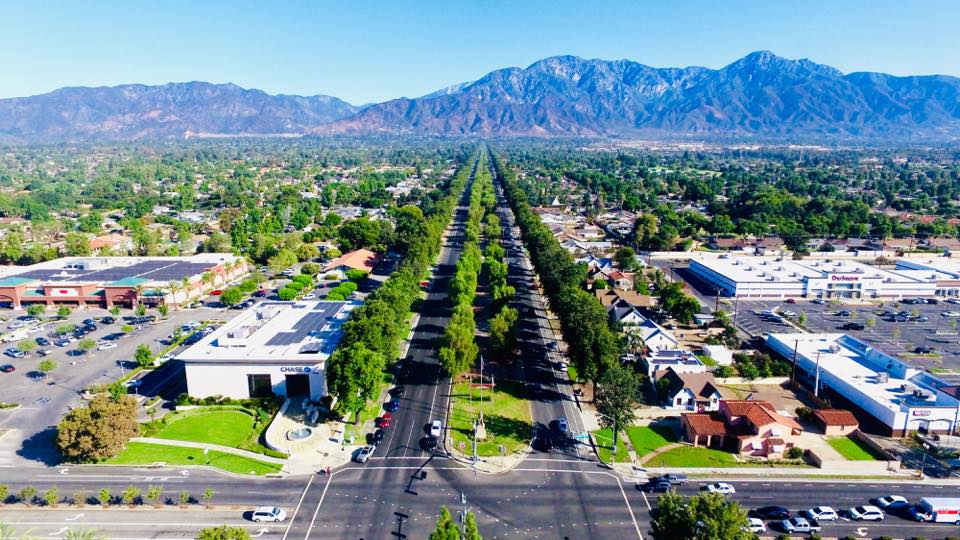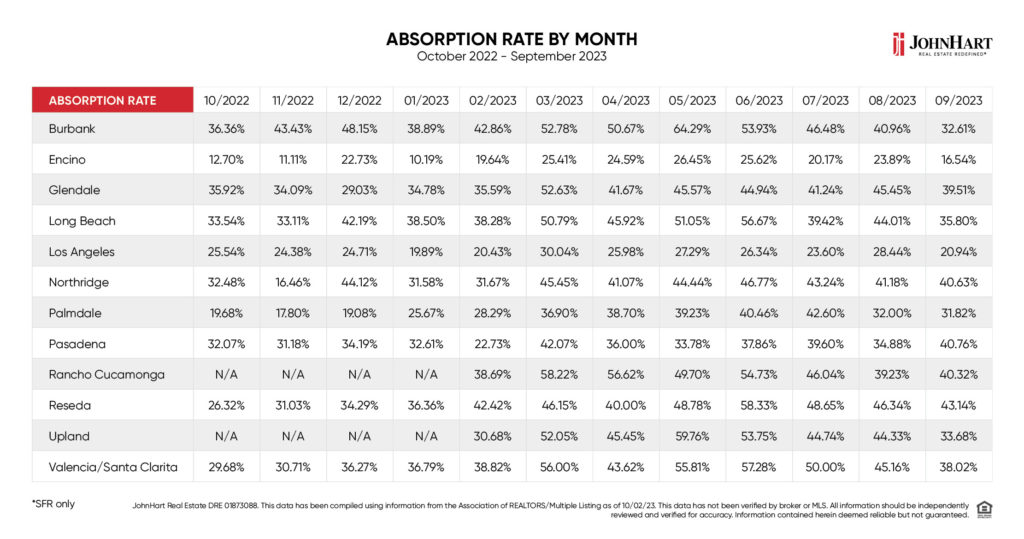Temperatures in SoCal may be about to rise again, but September was, appropriately enough, all about the fall. And we’re not talking about changing seasons. With the exception of two of our neighborhoods, all areas dropped closer to a buyer’s market this month or simply treaded water. And of the two that moved further into seller’s territory, one was by a single percentage point. Could this be the seller’s market going into early hibernation? Or will October’s absorption rates bring some unseasonal heat? Whatever the case, the conditions haven’t been this generally favorable for the buyers in a long time.
- Burbank – 33%
- Encino – 17%
- Glendale – 40%
- Long Beach – 36%
- Los Angeles – 21%
- Northridge – 41%
- Palmdale – 32%
- Pasadena – 41%
- Rancho Cucamonga – 40%
- Reseda – 43%
- Upland – 34%
- Valencia/Santa Clarita – 38%
The Big Three Absorption Rate Questions
As usual, we’re starting by looking at our big 3 questions when it comes to absorption rates. But if you’re a regular reader of this column, you can skip right on down to the good stuff. If this is your first time with us, here’s what you need to know about absorption rates.
What is an Absorption Rate?
An absorption rate is a statistic commonly used in real estate to determine whether a neighborhood’s housing market favors a buyer or a seller. Universally speaking, absorption rates in excess of 20% indicate a seller’s favor. Those at 15% or below indicate a buyer’s favor.
Why does JohnHart only consider single family homes in its absorption rates?
The vast majority of our clients have expressed a pure focus on single family homes. We want to give them an accurate picture through the context of their interests. Therefore, we don’t factor condos, townhouses, etc. into our absorption rate calculations.
How do you figure your absorption rates?
To calculate absorption rates for a given neighborhood, we use the following universal calculation:
Looking Down in Upland
Conditions are looking much more favorable for home buyers in the Greater Los Angeles area after September. We watched eight of the 12 neighborhoods we monitor drop. And most by a significant percentage too!
Valencia/Santa Clarita, Encino, and Los Angeles proper each sank 7 percentage points. Burbank and Long Beach plummeted 8 percentage points. But the big drop happened, unsurprisingly, in Upland, where things always seem to be looking down… at least where absorption rates are concerned.
Upland’s absorption rate has been freefalling toward the buyer’s market since June. And September finds the Inland Empire city making its most dramatic dive yet with a 10 percentage point drop. Of course, its decline started from the lofty pinnacle of a 60% absorption rate in May. So, even with steady movement toward a buyer’s favor, Upland is still securely in a seller’s market in September with its 34% absorption rate.
Two Neighborhoods in Absorption Rate Limbo
Coming off of its dramatic decrease in August, September finds the desert city of Palmdale skipping a turn. It’s holding strong at a 32% absorption rate with plenty of room to move in either direction. We’ve seen some decent lows and dizzying highs from Palmdale over the year, so it’s interesting to watch it hold its ground for the month.
Northridge is right there beside it, treading water at a higher 41% absorption rate. While the popular valley neighborhood has been on a bit of a see-saw the last few months, its moves haven’t been the most dramatic. No surprise that it’s spending September stabilizing even further. Of course, who knows what October brings?
A Skip and a Jump
Rancho Cucamonga eked even further into the seller’s market with a single percentage point increase. But with this bringing the Upland-adjacent area to an even 40% absorption rate, September’s increase is a drop in the ocean.
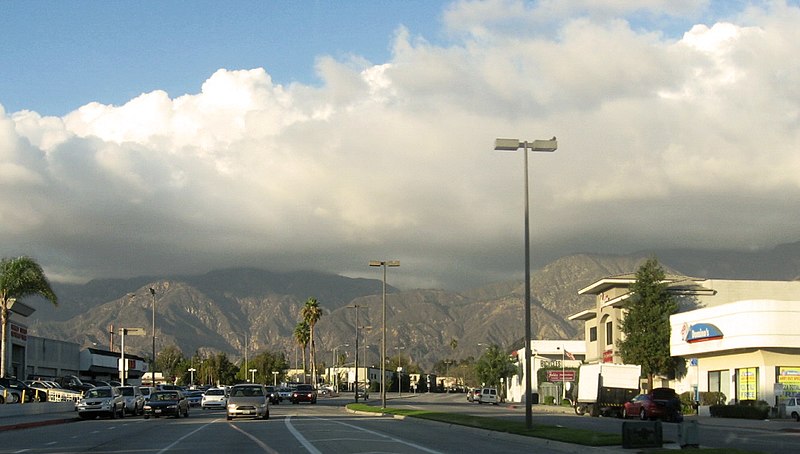
More significant was Pasadena’s 6 percentage point increase. Thankfully for buyers, this was the most dramatic surge (if you could call it that) of the month. This brings Pasadena to a 41% absorption rate, not quite the highest of the month, but more than solid enough for sellers to breathe easy.
Absorption Rate High and low for September
As we march into the autumn, Reseda once again holds the highest absorption rate at 43%. It’s a minor consolation for buyers that this is 3 percentage points less than August’s high. Encino has plunged to September’s lowest absorption rate at 17%. And, yes, that’s right on the cusp of the buyer’s market. We haven’t seen Encino this low since January! So, again, not a bad time to buy a home. Though, if you want the dust to settle before the winter holidays, you better start making your offers pronto!


